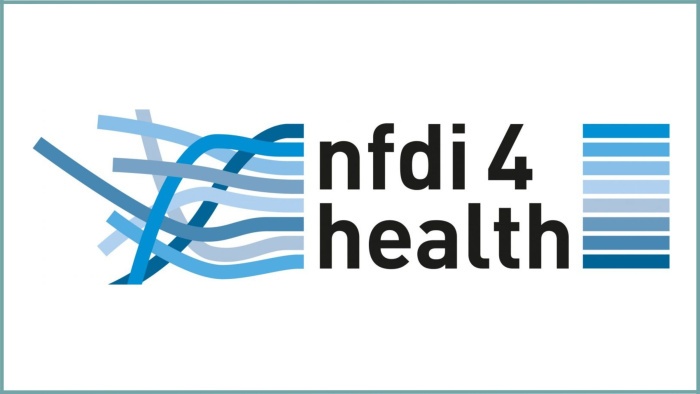Bird Flu, Swine Flu – And What Comes After That

© AryanRaj - stock.adobe.com
Just when everyone was fixated on the bird flu, a new dangerous flu pathogen emerged seemingly out of nowhere and wreaked havoc. In Mexico, an influenza virus of subtype H1N1 has already taken over 100 lives and is now spreading to the USA and Canada. A first suspected case has also been confirmed in Spain. "This case clearly shows that with influenza, one can never predict what will happen next," emphasizes Prof. Dr. Stephan Ludwig, one of the three coordinators of the National Research Platform for Zoonoses, which began its work in early 2009.

"Because these pathogens can mutate so rapidly and suddenly become dangerous, it is important to advance research on these pathogens collectively," explains Ludwig. The Federal Ministry of Education and Research (BMBF) has recognized this and has been funding research networks on diseases that can be transmitted from animals to humans, known as zoonoses, since 2007. One of these networks is FluResearchNet, which consolidates national projects and experts at universities and federal institutes for the first time in the field of influenza research. The National Research Platform for Zoonoses supports these networks by providing infrastructure, consolidating information, and promoting scientific exchange among experts.
Research on swine influenza viruses is also an important part of the work in FluResearchNet. In order to be better prepared for the sudden emergence of new pathogen variants, it is essential to develop new antiviral strategies. "Here, too, we are active and researching new approaches to combat the flu that have broad effectiveness and, above all, help avoid resistance," says network spokesperson Stephan Ludwig.
Contact:
Prof. Dr. Stephan Ludwig
Director of the Institute for Molecular Virology (IMV)
University of Münster
Phone: 0251 83 57791
Fax: 0251 83 57793
E-mail
About the National Research Platform for Zoonoses
The National Research Platform for Zoonoses brings together research activities on infectious diseases in which pathogens are transmitted between animals and humans, known as zoonoses. Two-thirds of the pathogens that can make humans ill are transmitted from animals to humans. Among other things, today's fast travel and transportation options facilitate the rapid spread of epidemics, such as the bird flu, swine flu, or SARS.
To be able to detect, assess, and combat impending dangers early on, research and close collaboration between veterinary and human medicine are essential. As an information and service network for all research groups and institutions active in Germany in the field of zoonotic infectious diseases, the Zoonoses Platform will also further develop international collaborations and serve as a central information hub for the public.
The National Research Platform for Zoonoses, funded by the BMBF, is jointly operated by the University of Münster, the Friedrich-Loeffler-Institute (located on Riems Island), and the TMF.
Press Contact:
Antje Schütt | Phone: 030 – 31 01 19 56
Beate Achilles | Phone: 030 – 31 01 19 51
E-mail
Further Information


